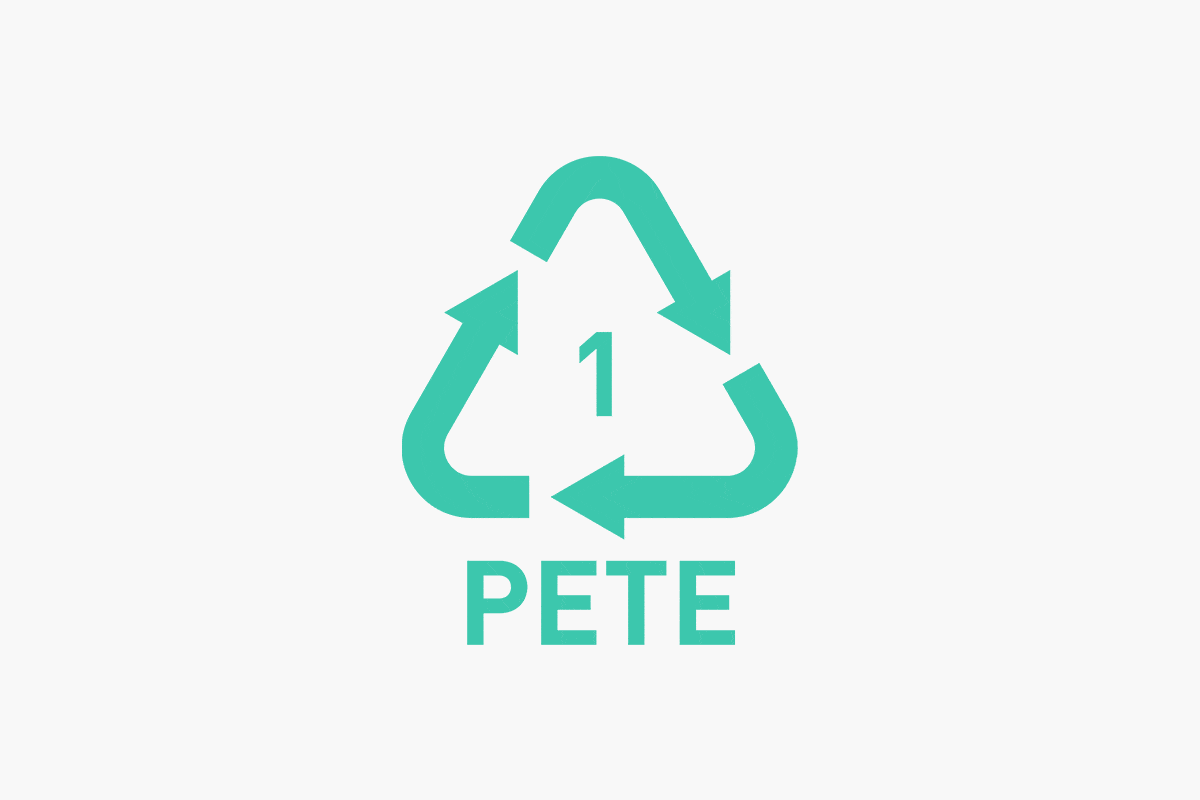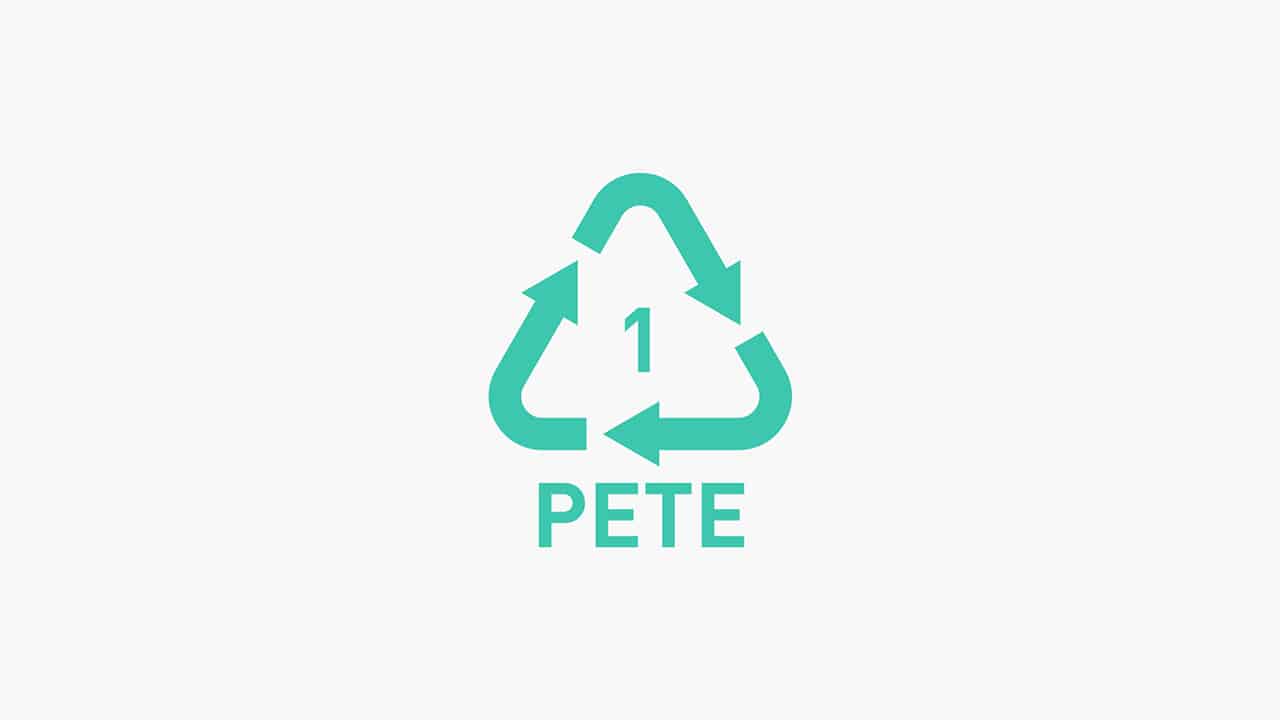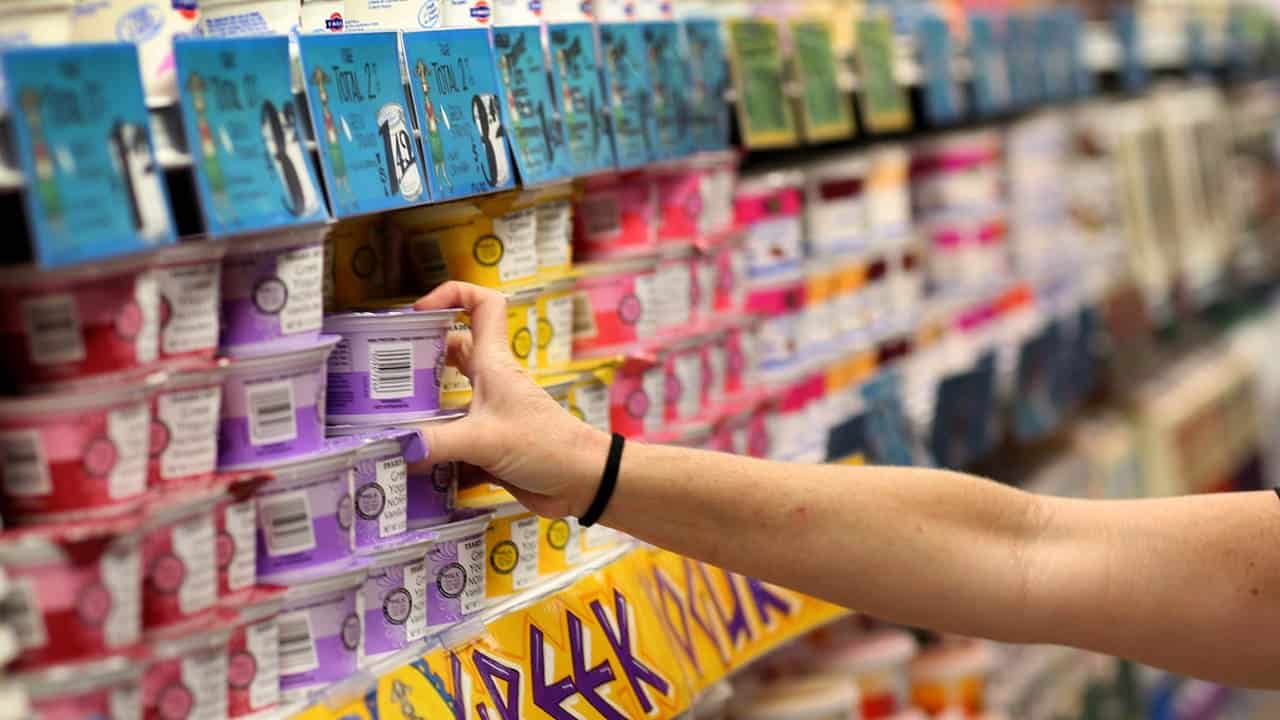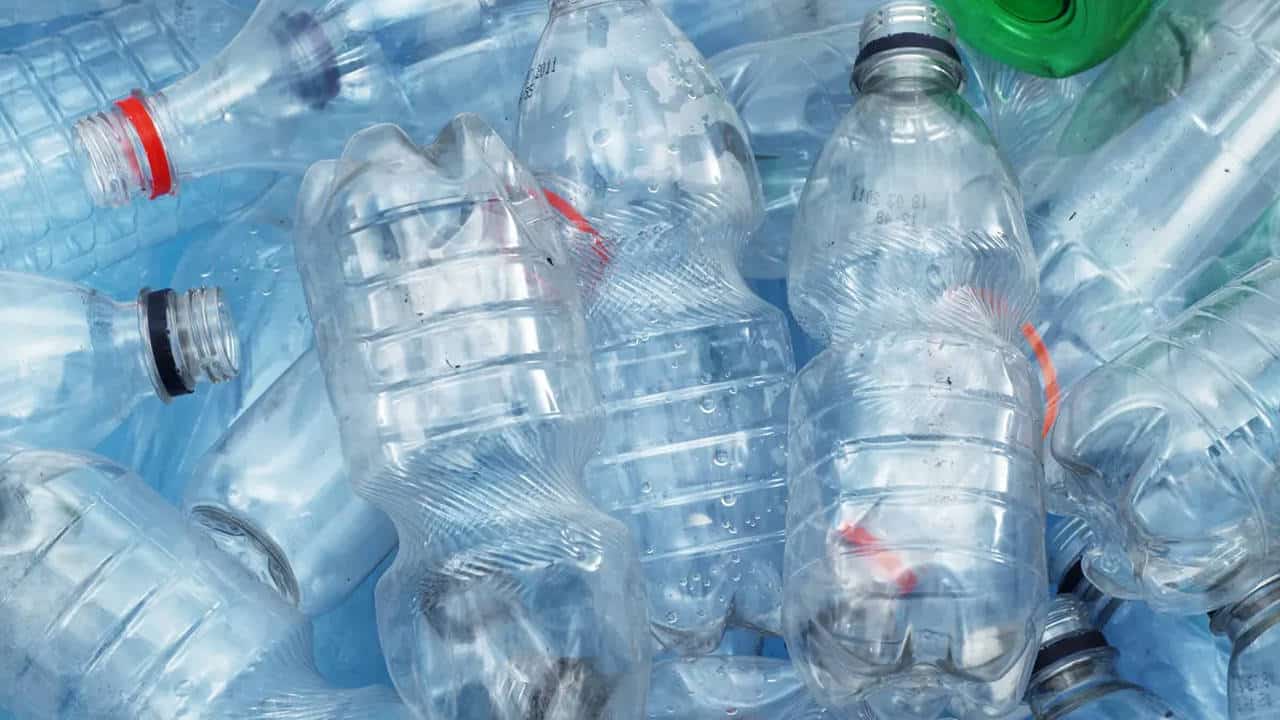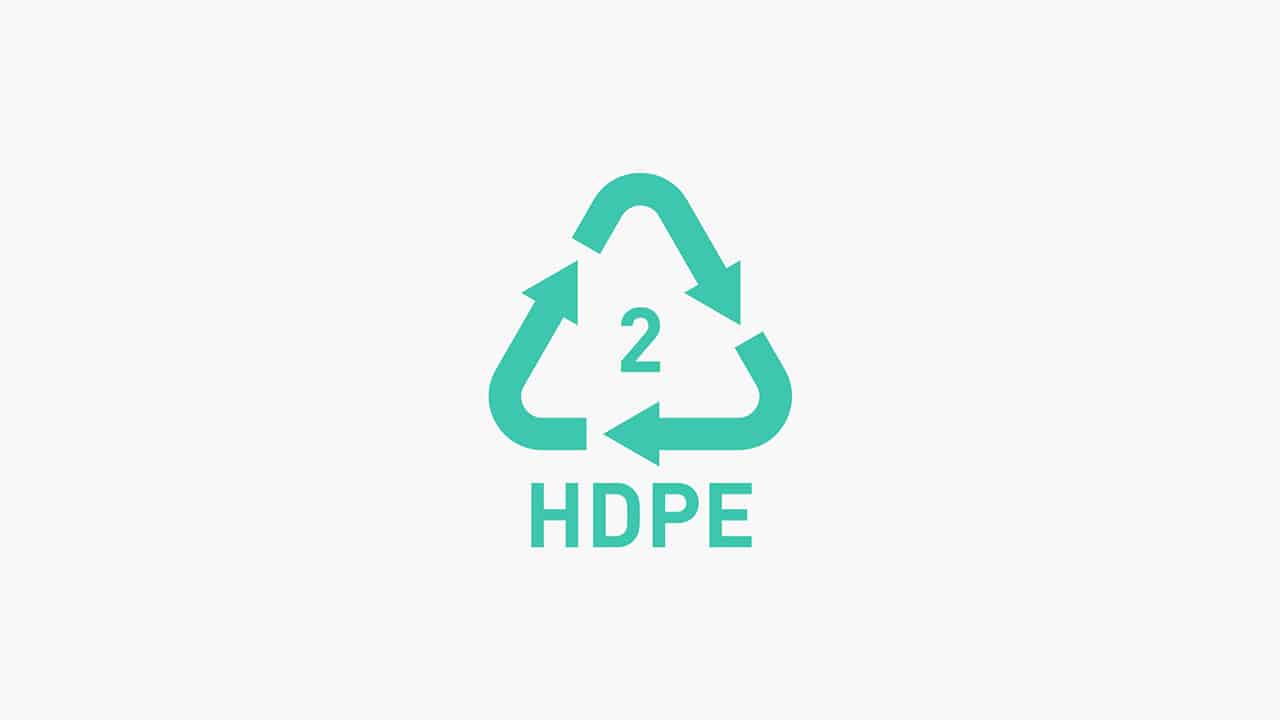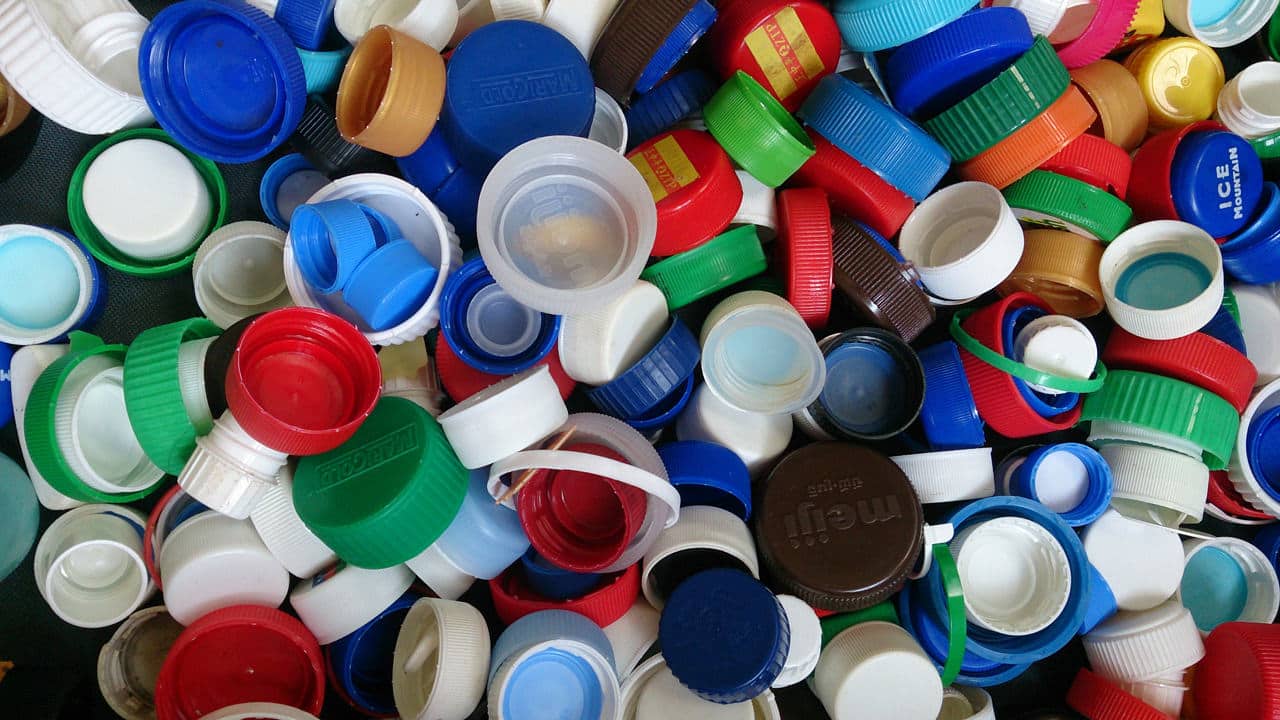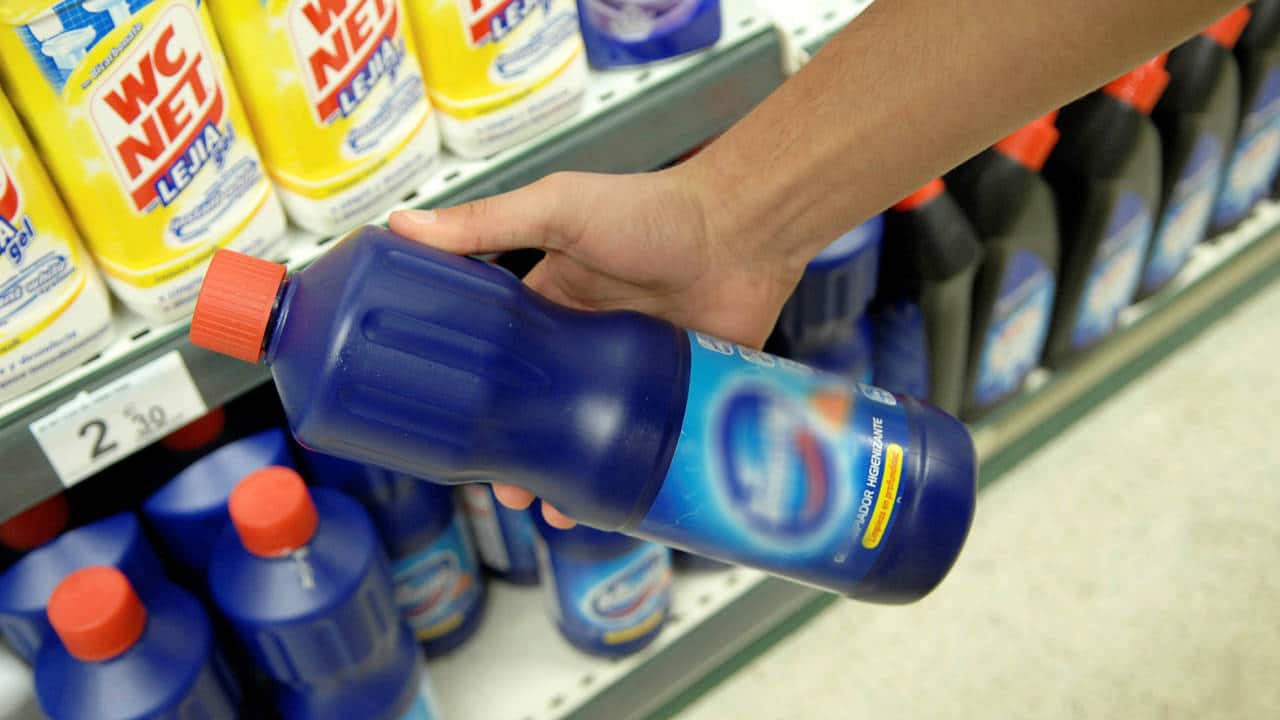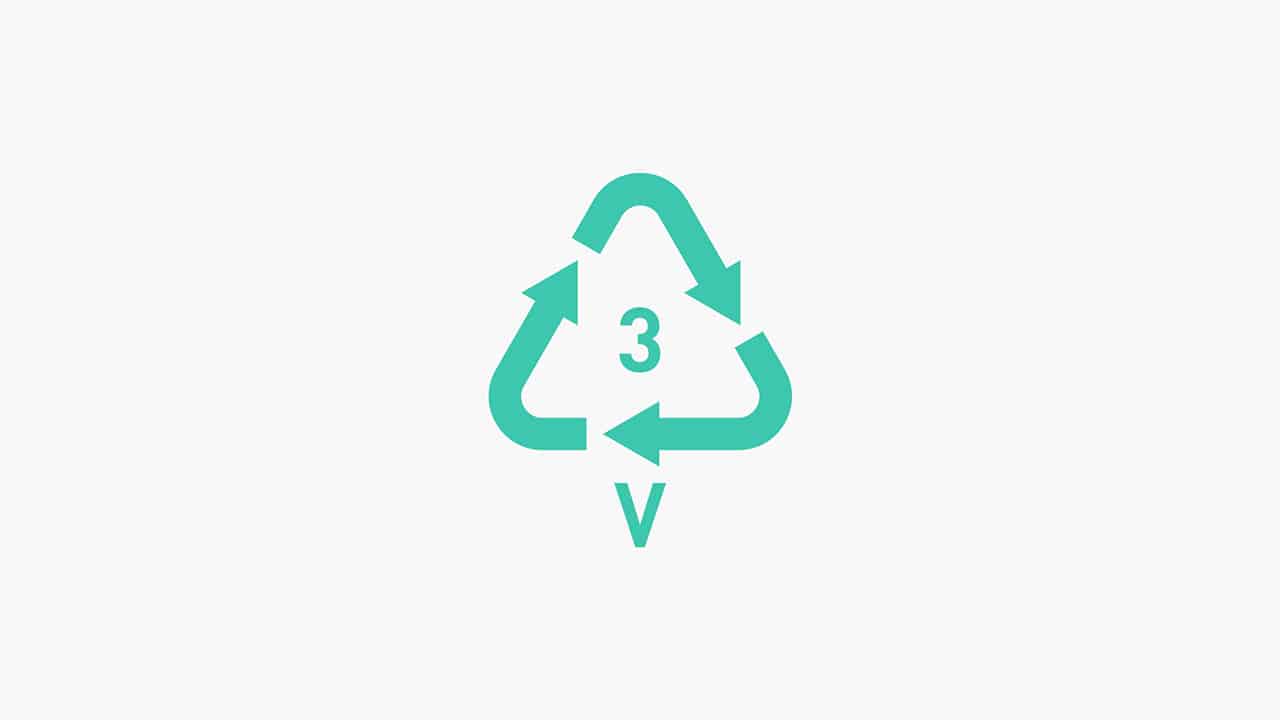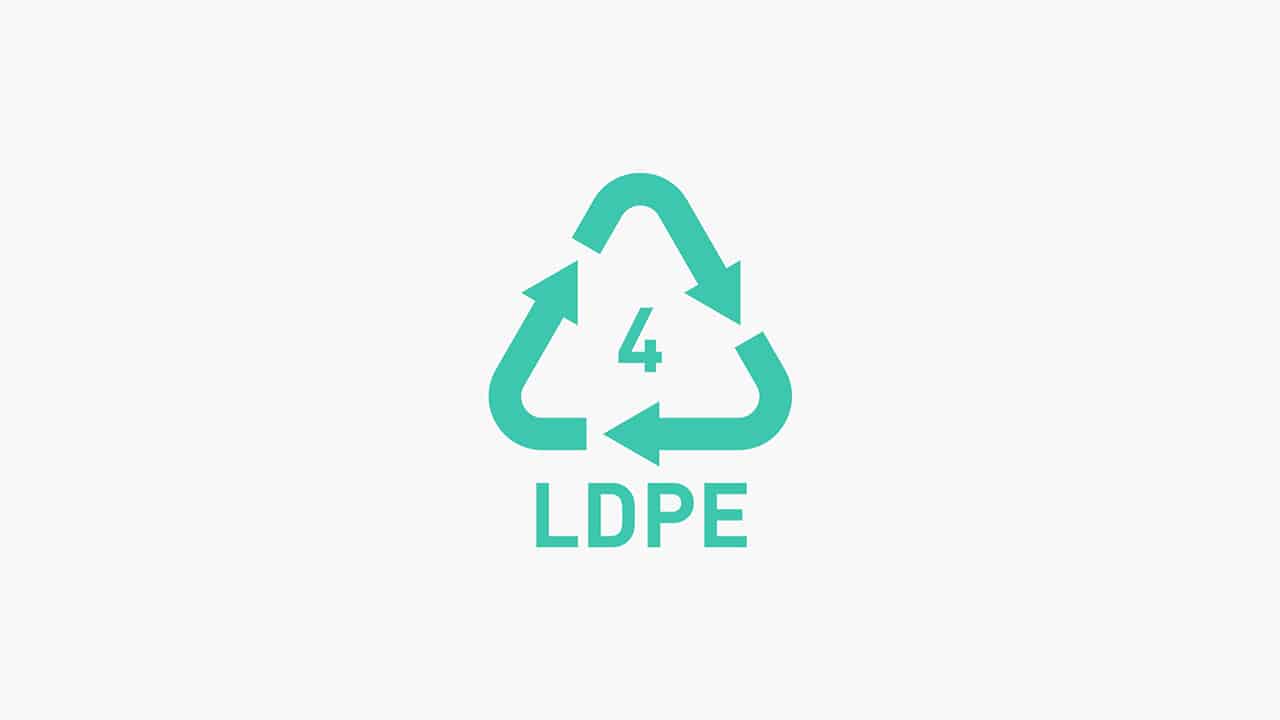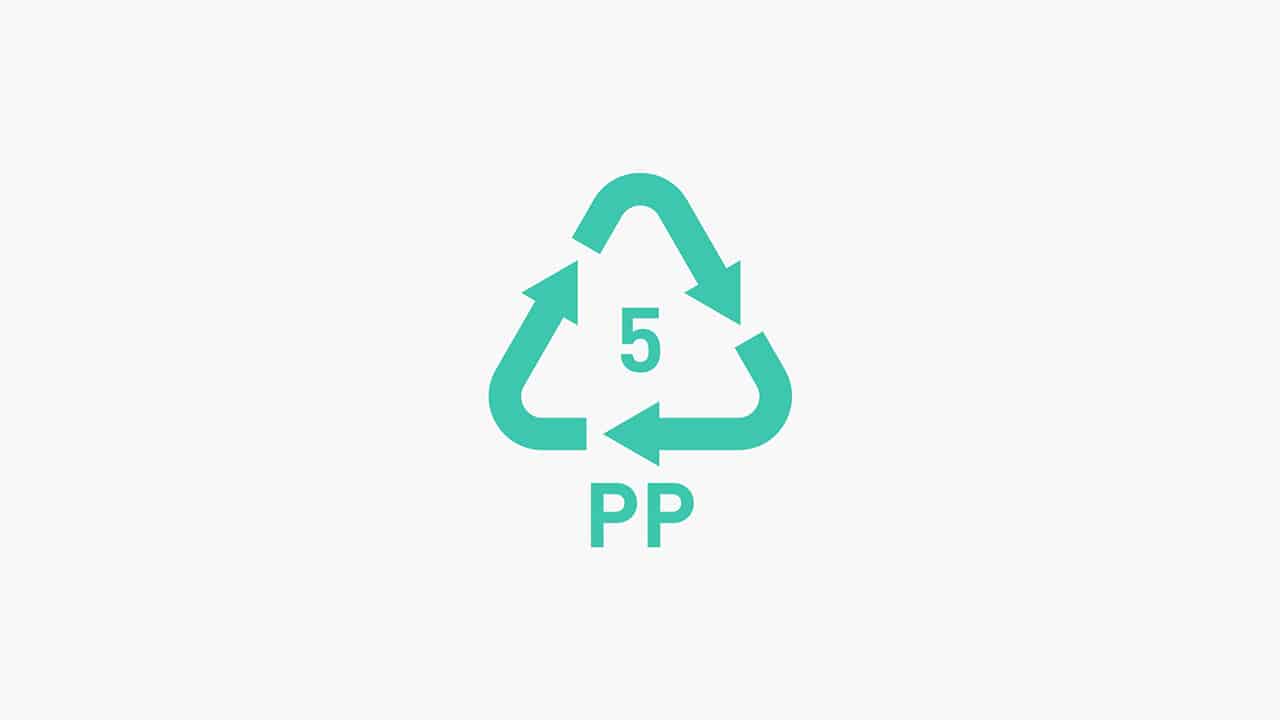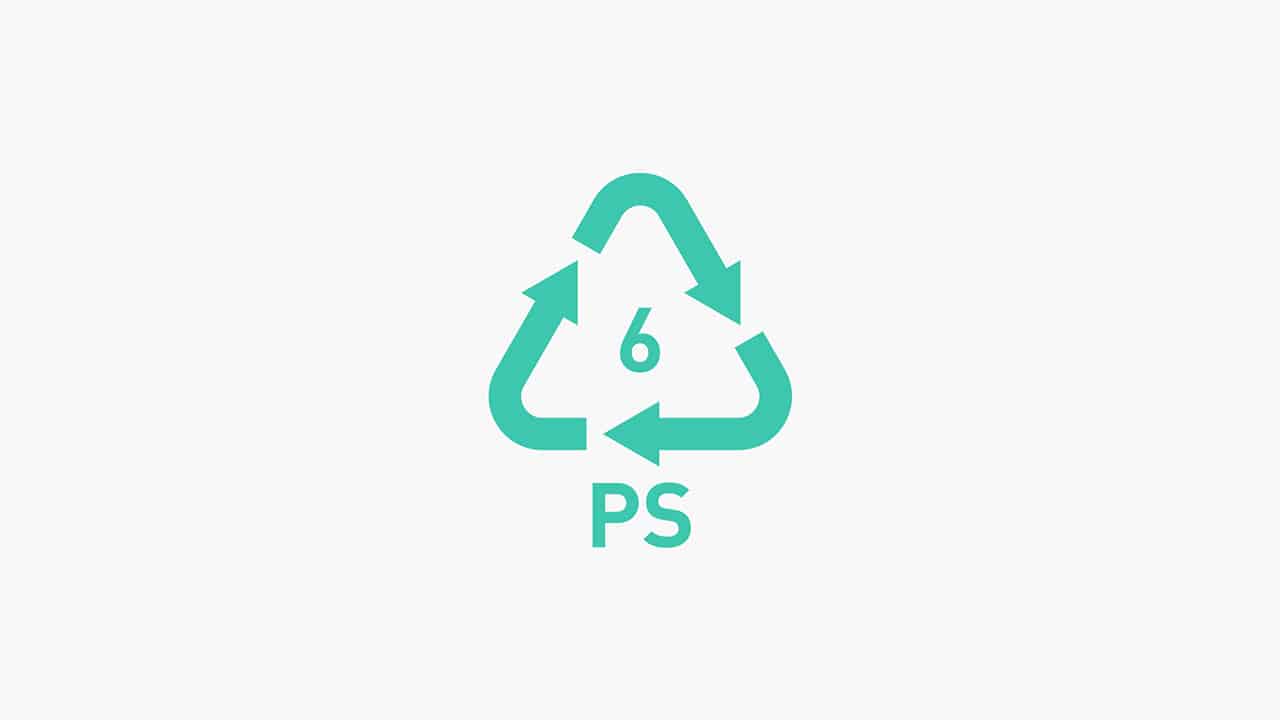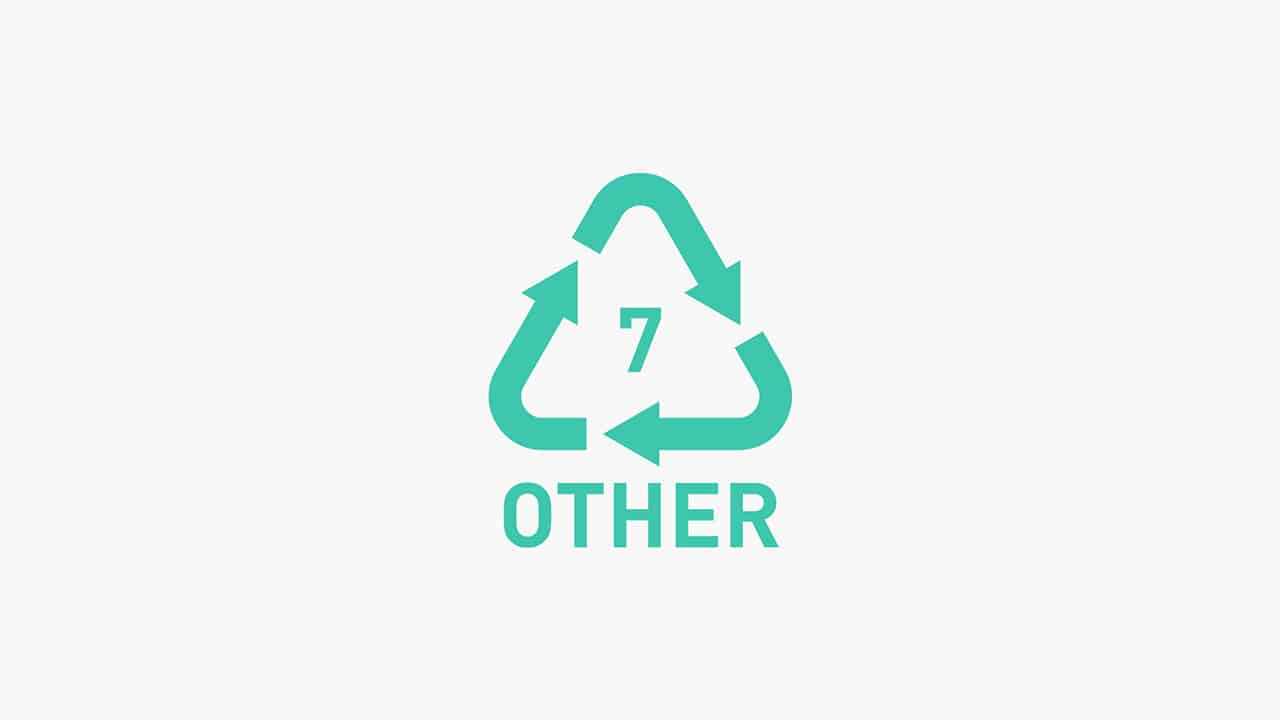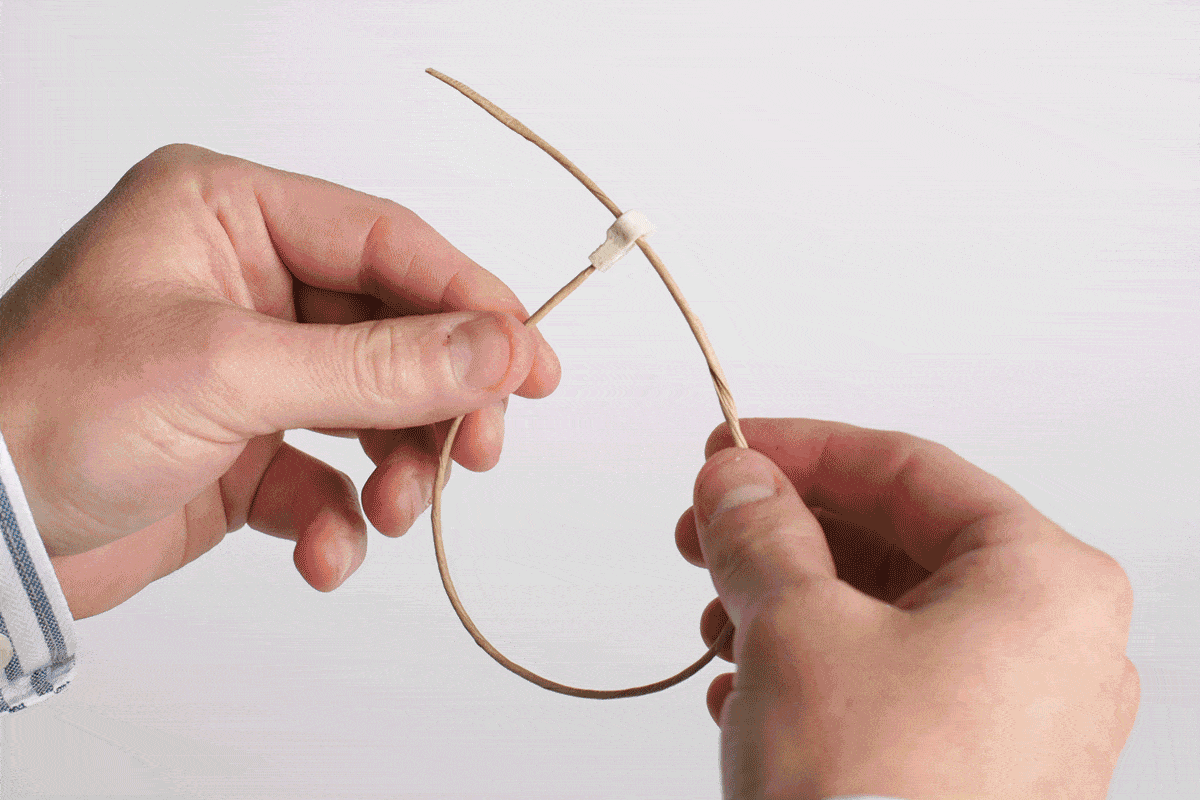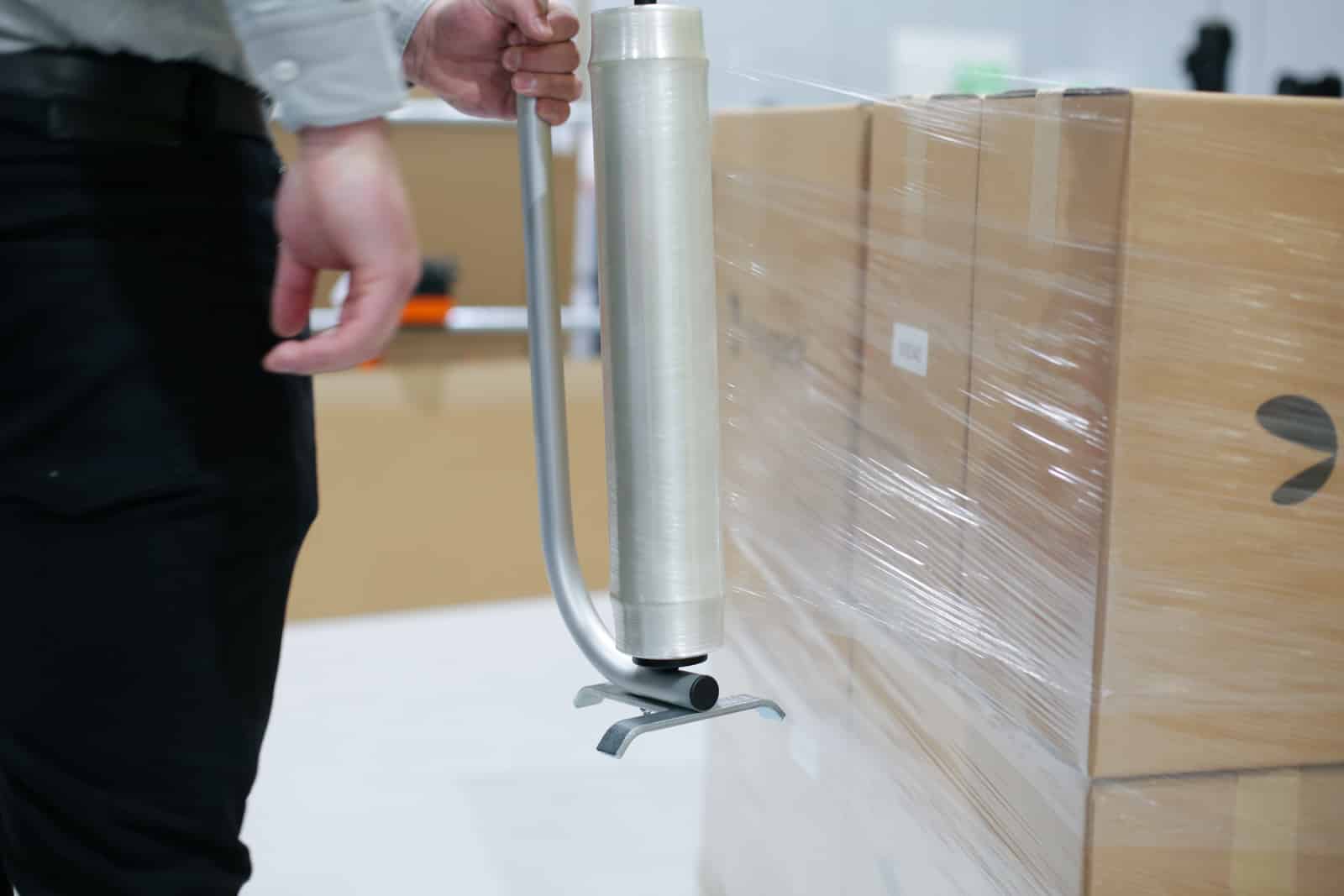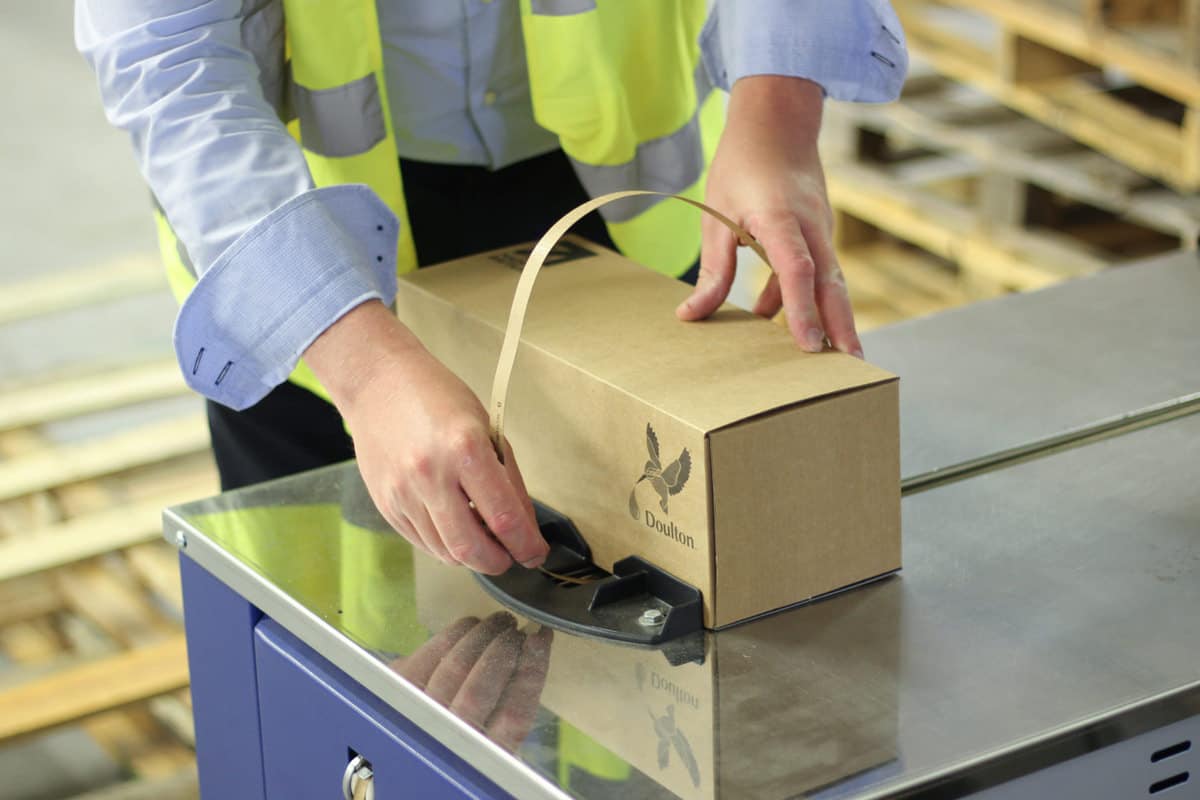Plastic Recycling & Resin Identification Codes
This guide will help you identify each plastic and work out what your Local Authority will take. It will also help you recognise Resin Identification Code, helping you identify recyclable and non-recyclable plastic. In this post we cover -PET, HDPE, PVC, LDPE, PP, PS and Other Non Recyclable Plastic. It is worth contacting your local authority and your waste disposal provider to find out if there is more you can do to recycle plastic more effectively and with less environmental impact. We have a large range of sustainable alternatives to plastic packaging to help you reach your CSR (Corporate Social Responsibility) targets.


